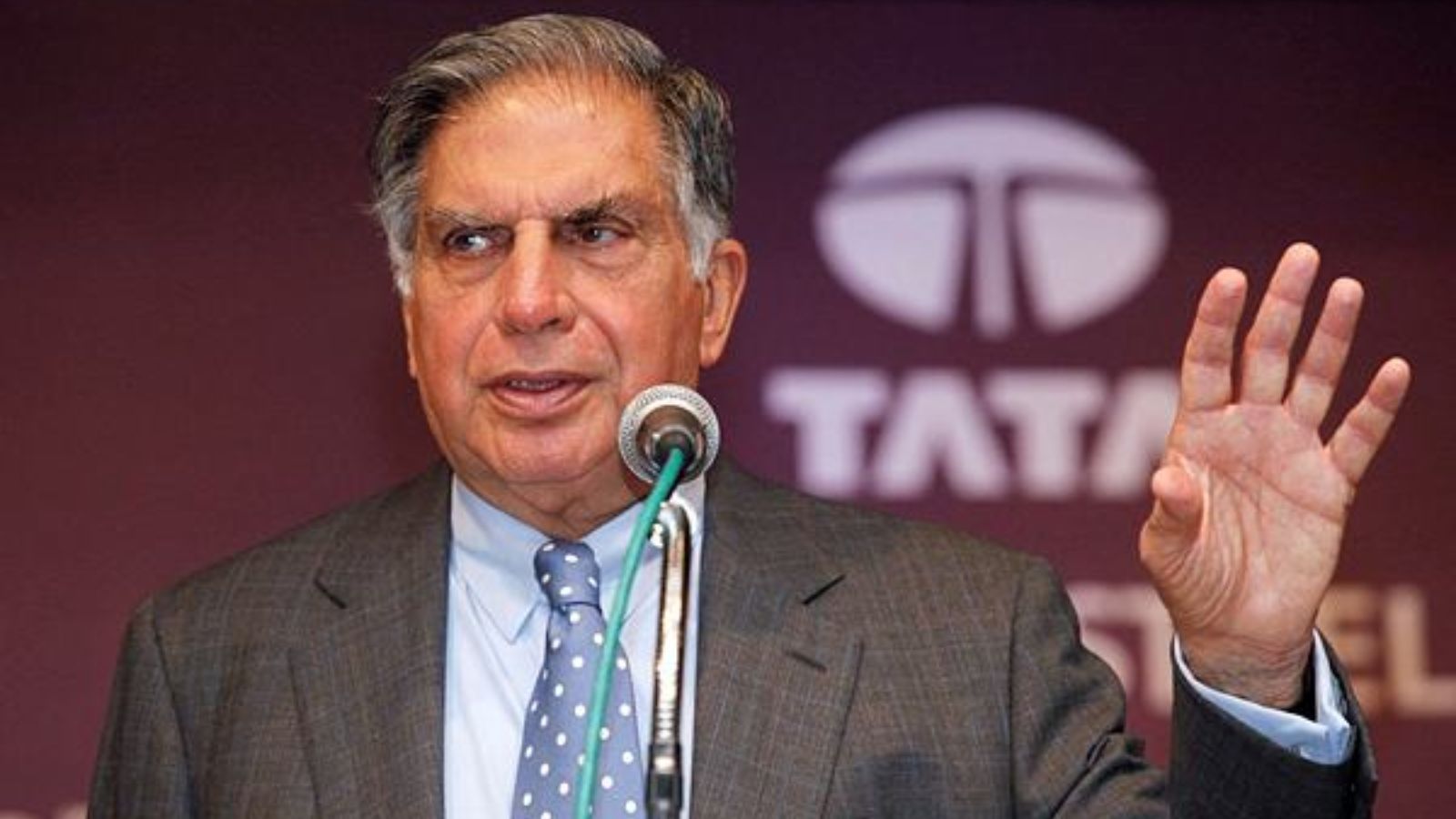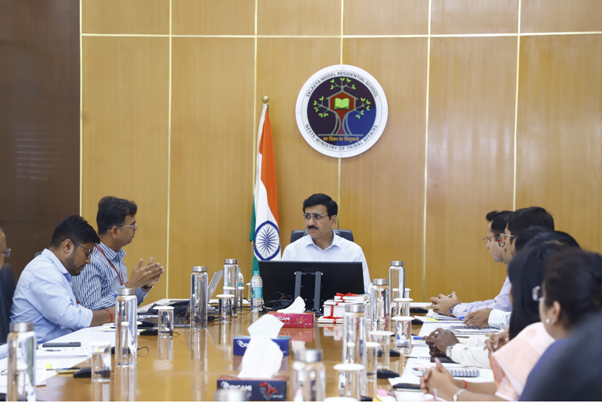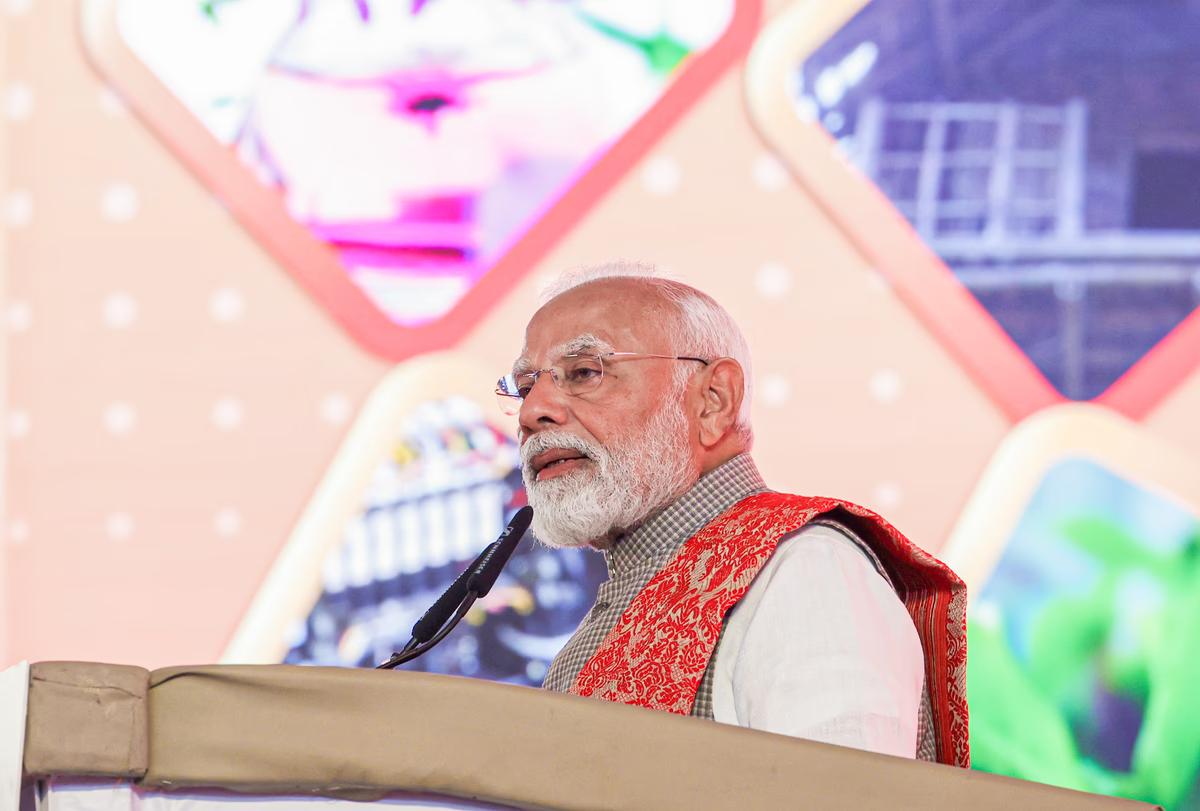Ratan Tata’s leadership of the Tata Group, starting in 1991, mirrors India’s economic transformation during its era of liberalization. As India opened its economy to the world, Tata focused on modernizing and expanding the Group, both domestically and internationally. Early in his tenure, his decisions were questioned by critics, but many ultimately proved pivotal in shaping the company’s future.
 One of his most notable accomplishments was Tata Tea’s acquisition of Tetley in 2000, followed by the $12 billion acquisition of the UK-based Corus Group in 2007, and the turnaround of the luxury car brand Jaguar Land Rover (JLR) after its 2008 acquisition. These deals signaled Tata Group’s growing global ambitions and helped establish India’s presence on the international business stage. The Corus acquisition, in particular, was a watershed moment, with Tata Steel acquiring a company four times its size, signaling India’s readiness to engage in large-scale global deals. Ratan Tata’s moves inspired other Indian conglomerates, such as the Aditya Birla Group, which soon after acquired the American aluminum giant Novelis for $6 billion.
One of his most notable accomplishments was Tata Tea’s acquisition of Tetley in 2000, followed by the $12 billion acquisition of the UK-based Corus Group in 2007, and the turnaround of the luxury car brand Jaguar Land Rover (JLR) after its 2008 acquisition. These deals signaled Tata Group’s growing global ambitions and helped establish India’s presence on the international business stage. The Corus acquisition, in particular, was a watershed moment, with Tata Steel acquiring a company four times its size, signaling India’s readiness to engage in large-scale global deals. Ratan Tata’s moves inspired other Indian conglomerates, such as the Aditya Birla Group, which soon after acquired the American aluminum giant Novelis for $6 billion.
Between 2001 and 2012, the era of Ratan Tata’s leadership, India saw a wave of outbound investments, with over 1,100 overseas acquisitions, especially in sectors like software and business services. His vision was to modernize the Tata Group and position it as a globally competitive entity. In 2004, Tata articulated his goal of creating a truly global conglomerate, expressing his hope that the company would spread its wings internationally while maintaining the trust it enjoyed at home.
Under his leadership, Tata’s most ambitious projects, such as the acquisition of JLR, faced initial skepticism but eventually became success stories. In the 2000s, JLR went from struggling under Ford to hitting a record $38 billion in revenue in the last fiscal year, thanks to Tata’s strategic direction.
Domestically, Tata made significant contributions to India’s automotive sector. After taking control of Tata Motors, he introduced the fully indigenous car, Tata Indica, in 1998. Despite internal opposition, he spearheaded efforts to make India self-reliant in car manufacturing, boosting the country’s automotive industry. Tata AutoComp Systems, founded in 1995, supplied components to both the passenger and commercial vehicle sectors, further strengthening the domestic automobile supply chain.
During his leadership, the Tata Group’s revenues grew exponentially, rising from around $5 billion in 1991 to $100 billion in 2011-12. This growth came alongside a shift in the Group’s governance style. Unlike his predecessor JRD Tata’s decentralized approach, Ratan Tata centralised decision-making, which saw the group streamline operations and enhance its global expansion.
In the IT sector, Tata played a pivotal role in India’s rise as a technology hub. Under his leadership, Tata Consultancy Services (TCS) went public in 2004 and grew to become one of India’s largest companies, reaching a market capitalization of $100 billion by 2018. TCS also played a key role in transforming India’s IT infrastructure, modernizing passport services and banking systems through innovative technology solutions.
Ratan Tata’s business strategies not only transformed Tata Group into a global powerhouse but also left a lasting imprint on India’s economy, positioning the country as a significant player in global commerce.




